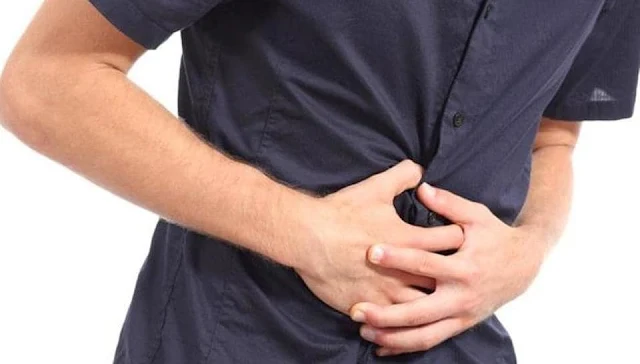INTRODUCTION: Constipation refers to an abnormal infrequency or irregularity of defecation, abnormal hardening of stools that makes their passage difficult and sometimes painful, decrease in stool volume, or prolonged retention of stool in the rectum.
CAUSES OF CONSTIPATION: It can be caused by certain medications; rectal or anal disorders; obstruction; metabolic, neurologic, and neuromuscular conditions; endocrine disorders; lead poisoning; connective tissue disorders; and a variety of disease conditions.
Other causes may include weakness, immobility, debility, fatigue, and inability to increase intra-abdominal pressure to pass stools. Constipation develops when people do not take the time or ignore the urge to defecate or as the result of dietary habits such as, low consumption of fiber and inadequate fluid intake, lack of regular exercise, and a stress-filled life.
CLINICAL MANIFESTATIONS: Fewer than three bowel movements per week, abdominal distention, and pain and pressure. Decreased appetite, headache, fatigue, indigestion, sensation of incomplete emptying. Straining at stool; elimination of small volume of hard, dry stool. Complications such as hypertension, hemorrhoids and fissures, fecal impaction, and megacolon.
ASSESSMENT AND DIAGNOSTIC METHODS: Diagnosis is based on history, physical examination, possibly a barium enema or sigmoidoscopy, stool for occult blood, anorectal manometry (pressure studies), defecography, and colonic transit studies. Newer tests such as pelvic floor MRI may identify occult pelvic floor defects.
MEDICAL MANAGEMENT: Treatment should target the underlying cause of constipation and aim to prevent recurrence, including education, bowel habit training, increased fiber and fluid intake, and judicious use of laxatives. Discontinue laxative abuse; increase fluid intake; include fiber in diet; try biofeedback, exercise routine to strengthen abdominal muscles. If laxative is necessary, use bulk-forming agents, saline and osmotic agents, lubricants, stimulants, or fecal softeners. Specific medication therapy to increase intrinsic motor function such as cholinergics, cholinesterase inhibitors, or prokinetic agents.
RELATED;
2. DIARRHEA












No comments:
Post a Comment